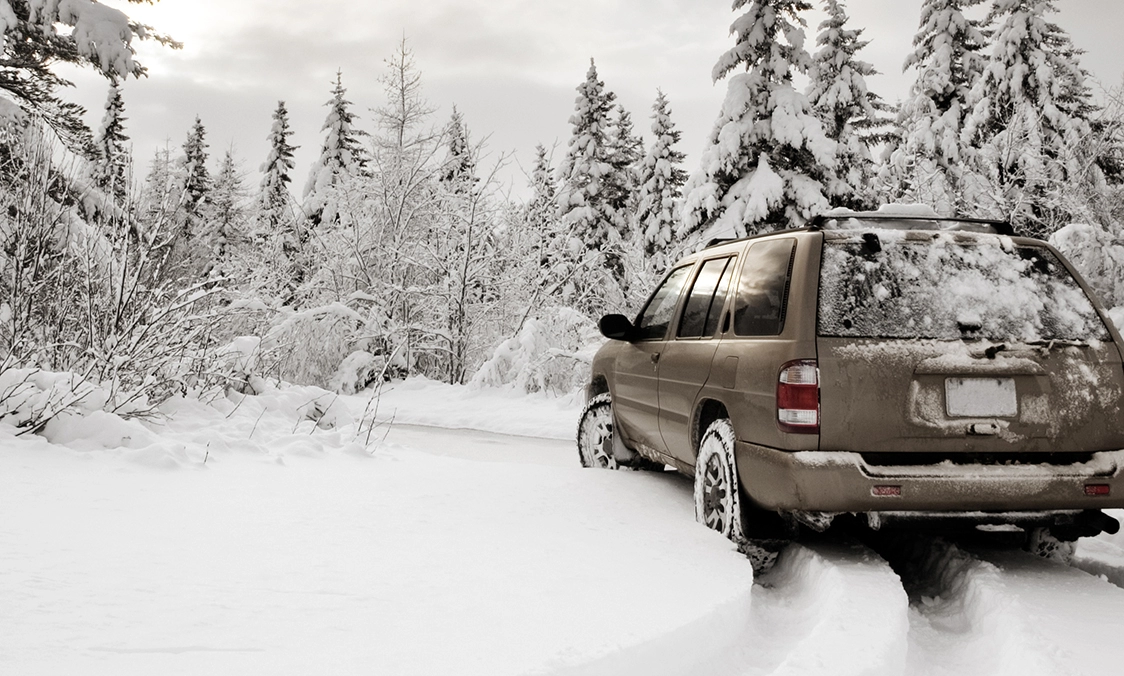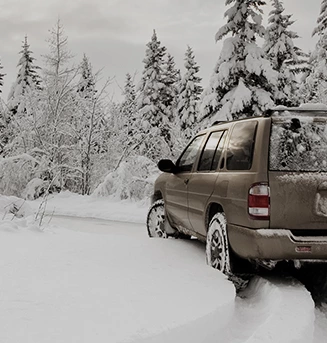The Edible Engine
July 24, 2022
You may have had a friend whose vehicle was the victim of hungry rodents. After all, mice, rats and squirrels—even rabbits—have been known to gnaw on wires in engine compartments, causing vehicle electrical systems to go haywire. They can disable a vehicle completely and be very expensive to fix.
In 2017, some drivers noticed their vehicle's wiring was being chewed and found out the automaker was using a relatively new material for covering their wires: soy. Many of the repairs to their new vehicles weren't covered under warranty by the manufacturer when it was discovered rodents were eating the wiring. So the owners filed a class action suit, saying the soy covering was essentially baiting the critters.
The automakers tell a different story, saying mice, rats and squirrels have been chewing through wire insulation long before it was made out of soy.
Regardless of what the insulation is made of, vehicle owners should make sure rodents aren't chowing down and creating a problem in the engine compartment. They can have their repair facility check for these signs: Little bits of acorns, leaves, chewed up plastic and animal droppings in the engine's nooks and crannies. Using a black light, your technician can detect animal urine, a sure sign that they've been using your engine compartment as a warm apartment, a nest and a dining room.
You can take steps to prevent rodents from chomping your vehicle's parts. Honda—one of the vehicle manufacturers that uses soy-based wiring covering—makes a rodent tape. It contains a spice called capsaicin that rodents find too hot to handle. Other preventative measures include installing metal mesh around wiring harnesses or spraying the engine compartment with special rodent-repellants.
Rodent damage can cost one vehicle owner thousands of dollars to fix, not the kind of bite anyone wants taken out of their bank account.
Need Service?
More articles from Tire Warehouse Depot

Knowledge is Power (Battery Testing)
November 30, 2025
Its likely happened to you once or twice. You head to your vehicle, open the door, turn the key and lo and behold, your battery is dead. Now youre stranded, may have to get a jump or a tow, and youll definitely be late for wherever you were headed. While your vehicle may sometimes give you warni... More

Don?t Meddle with the Pedal (Brake Caliper Replacement)
November 23, 2025
If you drive a newer vehicle, chances are it has disc brakes, and one of the components of that type of brake is called a brake caliper. The caliper allows the pressure from your foot on the brake pedal to eventually move brake pads against discs in your wheels, which then slow and stop your veh... More

Smooth Operator (Shock Absorbers)
November 16, 2025
When you are comfortably headed down the road, you may not realize how many of the imperfections in the driving surface are being smoothed out, so you hardly feel most of them. You can thank your shock absorbers for a lot of that comfort, and its important to make sure you keep your shocks in go... More










